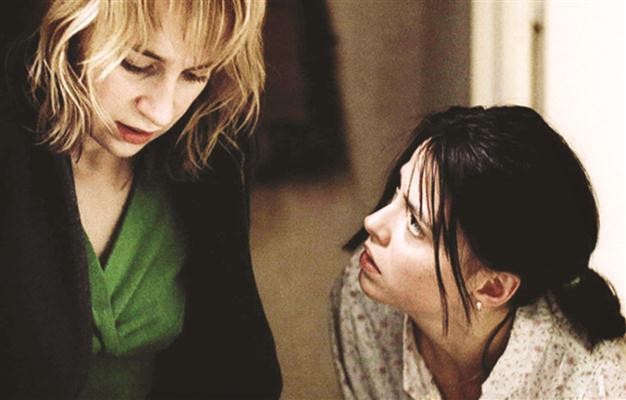Romanian cinema still struggles despite int’l fame
BUCHAREST - Agence France-Presse
 A new wave of Romanian cinema came to fame at the Cannes film festival a decade ago, but many prizes later, filmmakers still struggle to win the box office in their homeland.
A new wave of Romanian cinema came to fame at the Cannes film festival a decade ago, but many prizes later, filmmakers still struggle to win the box office in their homeland.Directors Cristi Puiu and Corneliu Porumboiu, who have won recognition in Europe and the United States, said they know what is lacking: not enough theatres and not much interest in local productions by Romanian moviegoers.
Puiu’s 2001 “Stuff and Dough” marked a new beginning for the Romanian cinema, “a new way of making movies,” said Porumboiu, whose first feature film “12:08 East of Bucharest” won the Cannes Camera d’Or prize in 2006.
Puiu’s movie, which paved the way to Cannes for young Romanian directors, seemed doomed to die in a drawer, as Romania’s national center for cinematography wanted to ban it for being “immoral, rife with unacceptable language”.
“Marie-Pierre Macias, director of the Quinzaine des Realisateurs (Directors’ Fortnight), saw the movie and took it to Cannes. That saved it, they could not ban it anymore,” said Puiu.
Romanian cinema even took home the top prize at Cannes, the Palme d’Or in 2007 for Cristian Mungiu’s “4 Months, 3 Weeks and 2 Days.”
These awards have given young filmmakers confidence and despite difficulties, “new directors appear in Romania each year, as well as good movies. An emulation was created,” Porumboiu said.
But the young directors’ passion is not enough to win the public’s hearts back home.
“Romanian moviegoers seem to think that we are trying to make American-style movies but do not succeed,” Puiu said.
“When you go to see a movie at the mall, the ticket seller warns you that it’s a Romanian movie.”
At the same time some Romanians cannot even get to the movies. There are about 200 cinema screens across the country, with many towns having no movie house at all.
For those without access to a theater Porumboiu regrets the “disappearance of this form of socializing,” but Puiu thinks Romanians may still be living “in the inertia of the VCR (videotape) era.”
‘Cinema is quite expensive’
Back in the 1980s former communist dictator Nicolae Ceausescu “decided not to import movies any more. So people used to meet at someone’s house, pay some money and watch five movies in a row,” Puiu said.
“That was giving us the impression of escaping from gloomy Romania.”
“It wasn’t even about an interest in the cinema, we often talked more about the cars or the clothes in the movie,” he added.
Today he laments that people seem addicted to drinking beer and watching TV at home, while also not denying that going to the cinema is quite expensive.
“Where can the Romanian cinema find its place in all this? Nowhere. It is a fiction,” Puiu said.
















